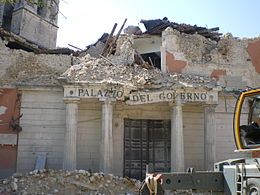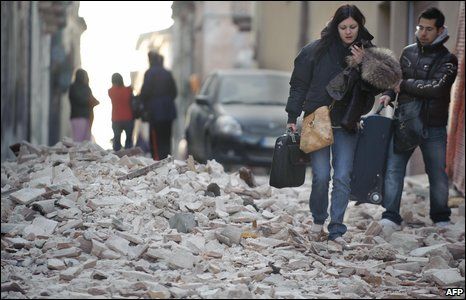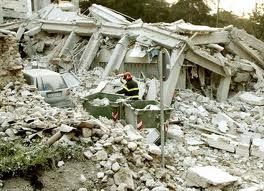L'Aquila earthquake ruling worries seismologists
Reports in the international media indicate that there is growing concern in international scientific circles over the stiff sentencing by an Italian court in L'Aquila of experts who failed to predict the 2009 earthquake that hit the city, killing 309 people and displacing over 65,000.
Seismologists around the world believe that this will have an adverse effect on international research into earthquakes, their prediction and prevention.
Scientifically speaking earthquakes are impossible to predict and international experts say that the small quakes that rocked the area in the period prior to the earthquake on 6 April could not have been used as an indication of the major earthquake that was to come.
The L'Aquila magistrate Marco Belli has found seven scientists, including the head of the Istituto Nazionale per Geolofisica e Vulconologia (INGV), guilty of manslaughter and sentenced them to six years in prison and barred them from holding public office. The ruling will now go to appeal before it becomes final but that could take at least a year.
The prosecution argued that while the defendants were not expected to predict the earthquake they should have given due warning and alerted inhabitants of the risks.
In a radio programme, Radio Anch’Io, Italy’s environment minister, Corrado Clini, has said he is baffled by the conviction and is waiting to read the explanation of the ruling. Three top members of Italy’s natural disaster risk assessment body (La Commissione Nazionale per la Previsione e Prevenzione dei Grandi Rischi) have now resigned.
A press release from the INGV has pointed out that that this sentence sets a precedence that could affect the relationships between scientists and decision makers not only in Italy but also worldwide.
























